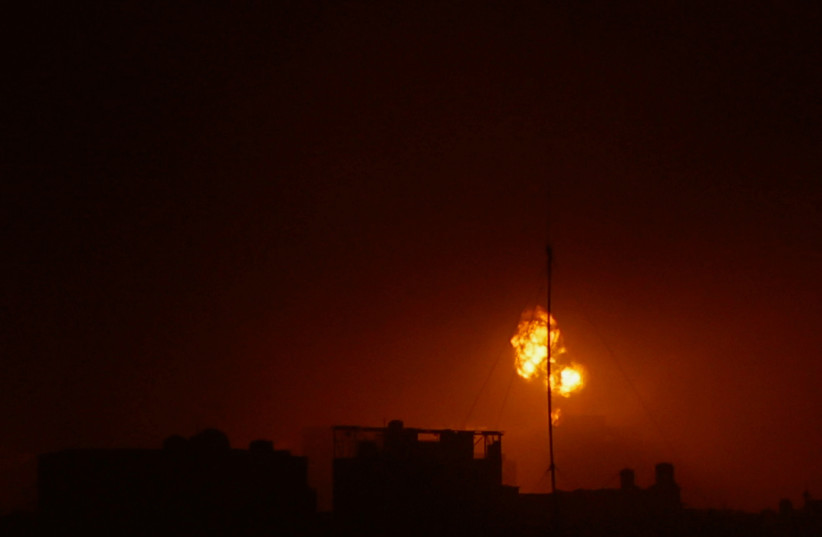National Unity MK Matan Kahana discussed the contentious issue of admitting Palestinian laborers from Judea and Samaria in an interview on 103FM Tuesday morning.
Kahana acknowledged the complexity of the matter, stating, "It is clear that in times of war, our priority is to protect ourselves as effectively as possible."
He also expressed the understanding that escalating tensions in the Judea and Samaria region would not serve the objective of dealing with Hamas in Gaza, emphasizing the need to address the situation in the West Bank as well.
Kahana explained that the cabinet would convene to make decisions regarding this issue. He pointed out that having a broad emergency government in place would facilitate supporting the decisions made.
Additionally, he proposed intermediate solutions, such as housing workers in designated areas within industrial zones.

When asked if he believed that his party, the National Unity Party, had helped moderate this coalition, Kahana responded, "This government was not established for ideological cooperation and unity as seen in the past. It is an emergency government formed to manage the war."
He highlighted two crucial aspects: The support for frontline soldiers and the involvement of experienced individuals in war management. Kahana expressed confidence in party head Benny Gantz, stating that their opposition to the government's policies remained unchanged, including the budget.
However, as long as they felt their influence could impact the war, they would remain in the government. Kahana believed that party leaders would know when to leave, although he did not anticipate it happening in the current stage of the war.
Kahana also expressed empathy for the tragedy faced by the family of MK and former IDF chief of staff Gadi Eisenkot. He emphasized the justness of the war and the unity that must prevail beyond its conclusion.
